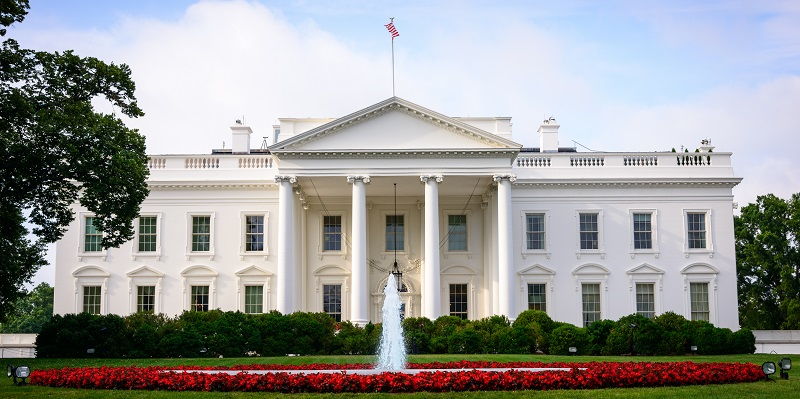In a bid to bolster the nation’s cybersecurity defenses, the White House has issued a directive mandating federal agencies to update and enhance their cybersecurity safeguards. This move comes as numerous agencies and departments have fallen short in fully complying with critical security practices outlined in President Biden’s executive order. The lag in implementing essential cybersecurity measures has exposed the US government to malicious cyber intrusions, highlighting the pressing need for immediate action.
Inadequate compliance with cybersecurity practices
Regrettably, multiple federal agencies and departments have been found to have “failed to fully comply” with the essential security practices detailed in President Biden’s executive order. This revelation underscores a concerning gap in their ability to effectively protect sensitive data and vital systems from cyber threats. With the increasing sophistication of cybercriminals, it is imperative that these agencies promptly update their defenses to mitigate the risks posed by potential cyberattacks.
Implications for the US government
The consequences of inadequate cybersecurity implementations within federal agencies extend beyond their own vulnerabilities. By failing to set an example for other organizations, these agencies undermine the collective effort to safeguard national security. Moreover, the exposure of the US government to malicious cyber intrusions not only compromises classified information but also erodes public trust and confidence in the government’s ability to protect its citizens.
Commitment to achieving full compliance
Recognizing the severity of the situation, senior officials have pledged to achieve full compliance with the security requirements outlined in President Biden’s executive order by the end of this year. The Biden-Harris Administration has demonstrated an unwavering commitment to strengthening the cybersecurity of the nation’s most critical sectors since its inception. The collective effort towards achieving full compliance reflects the administration’s determination to address the urgent cybersecurity challenges faced by the United States.
Requirements of the 2021 Executive Order
The 2021 executive order mandates that federal agencies implement adequate security practices and imposes a duty on contractors to update their cyber defenses when working with the US government. This shift from regarding cybersecurity as a voluntary endeavor to making compliance mandatory signifies a significant turning point in the government’s approach to protecting sensitive information and critical infrastructure. By setting stringent guidelines, the executive order aims to fortify the nation’s cybersecurity posture and enhance resilience against potential threats.
The urgency and importance of prioritizing cybersecurity
The urgency of prioritizing cybersecurity cannot be overstated in the face of the ongoing threat landscape. Attackers, often armed with advanced tools and techniques, continue to outpace the efforts of security professionals, perpetuating cybercrime and fraud. It is incumbent upon both public and private entities to prioritize cybersecurity, recognizing that the consequences of hacking critical infrastructure could be catastrophic to the economy and way of life.
The White House’s directive to federal agencies to strengthen their cybersecurity safeguards underscores the gravity of the current cyber threat landscape. The failure of multiple agencies to fully comply with essential security practices highlights the need for immediate action. By committing to achieving full compliance, senior officials demonstrate a proactive approach to addressing shortcomings and fortifying the nation’s cybersecurity defenses. As the US government shifts from viewing cybersecurity as voluntary to making it mandatory, it sets a pivotal precedent for other organizations to follow suit. With continuous efforts to enhance cybersecurity in critical sectors, the nation aims to diminish vulnerabilities and protect its citizens from potential cyber threats.

